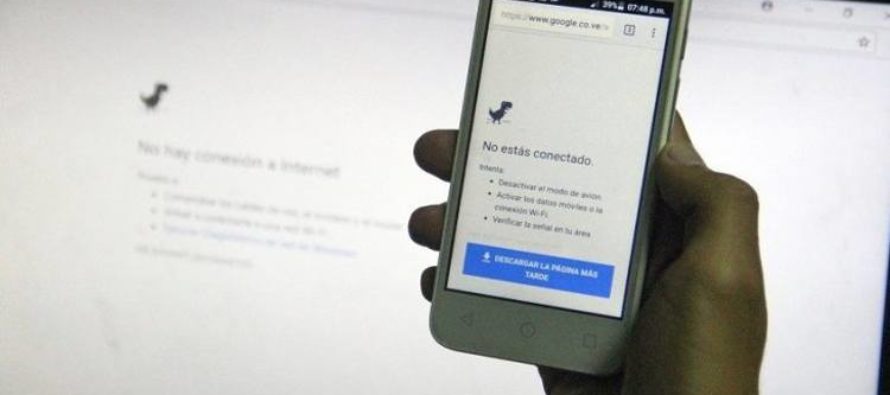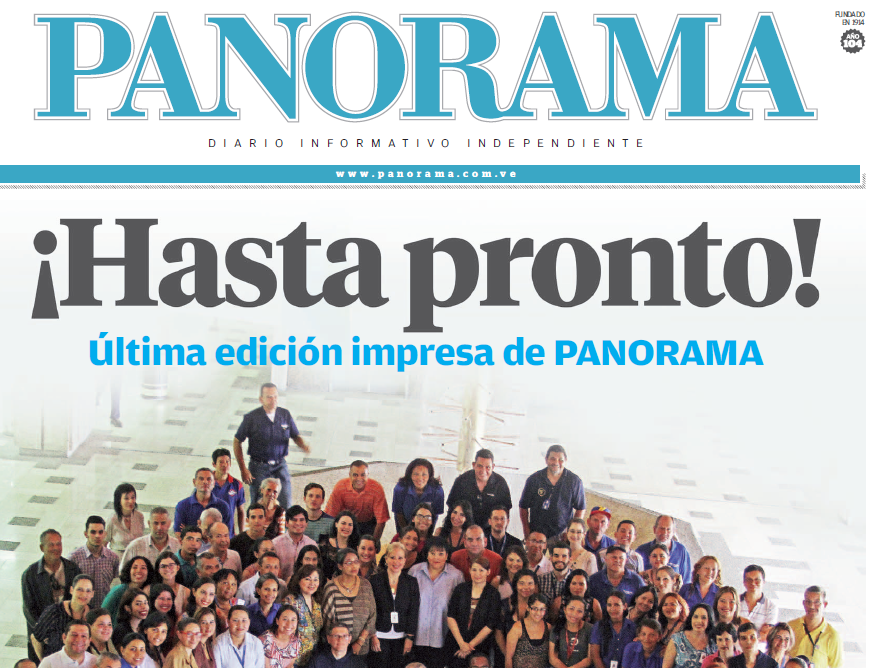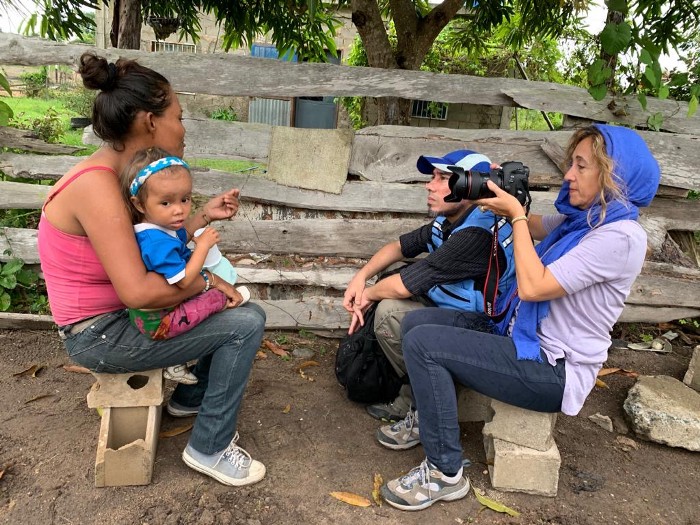The persecution of organized civil society by Chavismo is becoming harsher. Thus, after ordering international organizations operating in the country to register in the Special Automated Registry of Non-Resident Non-Governmental Organizations to continue working, the Government of Nicolás Maduro has now ordered the Superintendency of Banking Sector Institutions (Sudeban) to monitor the financial transactions of every organization.
Sudeban, in communication number SIB-DSB-CJ-OD-06524, issued on November 20, 2020, ordered the banks and other financial institutions of the country to implement “measures to strengthen the procedures, mechanisms, and technological systems that allow monitoring the business or financial operations carried out by NGOs”, according to a press release published four days later.
The supervisory body required all banks to evaluate and monitor the financial information related to non-governmental organizations, both national and international, in order to “detect unusual operations or suspicious activities of Money Laundering, Terrorism Financing, and Proliferation of Weapons of Mass Destruction”.
In the press release, Sudeban based the requirement on the provisions of Article 171.12 and 171.16 of the Decree regulating the institutions of the Banking Sector. These provisions empower the regulatory body to issue “prudential” standards that regulate the exercise of banking operations, besides requesting the competent authorities to agree on preventive measures to freeze any type of account or financial transaction, among other actions.
One more attack
To Accesso a la Justicia, this decision is not a simple guideline or instruction that seeks to prevent the financial system from being used for illicit activities, but rather an action that is part of a systematic plan of asphyxiation and harassment against NGOs, which threatens their operations and puts into question the exercise of the constitutional rights to association and citizen participation in public affairs.
In fact, it is a new threat against the work of non-profit groups that work in the country, derived from the arbitrary and strict control imposed by the executive branch.
The fact that Sudeban holds regulation, control, surveillance, and supervision competencies in banking matters, does not mean that it can exercise them arbitrarily; It is necessary to count on sufficient legal authorization and observe a set of principles on the exercise of fundamental rights. At the same time, there must be adequate proportionality between the factual assumption provided for in the norm and the purpose pursued by the legislator.
According to Acceso a la Justicia, the Sudeban measure translates into a restriction of the rights and assets of civil organizations whose financial movements or banking transactions are intended to be supervised under the criteria that the Maduro Government deems appropriate, without objectivity, and under the pretext of “detecting unusual operations or suspicious activities of money laundering, terrorism financing and the proliferation of weapons of mass destruction”, which implies an absolute limitation of the autonomy of non-profit associations.
This decision coincides with the harassment suffered by the organizations Alimenta La Solidaridad and Caracas Mi Convive and their manager, Roberto Patiño, since last November 20. Both organizations operate 239 soup kitchens in 14 states of the country, which serve 25,000 girls and boys, as well as their families, under the endorsement of the United Nations Humanitarian Response Plan.
On November 25, agents of the National Police against Corruption raided the residence of Patiño’s parents and the day before they did the same at the organizations’ former offices in El Rosal (Caracas). Likewise, all the bank accounts of both organizations were frozen by the authorities.
In September, agents of the questioned Special Action Forces of the National Police (FAES) raided the Acción Solidaria offices and detained six of its members for several hours.
Recalling the facts
Government attempts to prevent NGO funding are not new. In 2006, the Chavista-controlled National Assembly approved the so-called International Cooperation Bill, from which the State sought to reduce access to financing for organizations.
Something similar is happening now with the Law for the Defense of Political Sovereignty and National Self-determination, as well as the Law against Organized Crime and Terrorism Financing, as warned by Accesso a la Justice. Both legal texts express a model of rules and controls that limit international financing for organizations in the country.
These examples are proof of the government strategy of coercion against civil society organizations, which by the way goes against international standards on the matter. For example, the Inter-American Commission on Human Rights (IACHR) first report on the situation of human rights defenders in the region, stated that “human rights defenders have the right to seek and obtain economic resources to finance their work. The states must guarantee the exercise of this right in the broadest possible manner“.
Likewise, the IACHR, in the same tone as the United Nations, has indicated that:
“Civil society organizations may legitimately receive funds from foreign or international NGOs, or from foreign governments, to promote human rights” and “the states must refrain from creating obstacles or maintaining any impediment or disproportionate restriction to registration, establishment, financing, and operation of Human Rights organizations ”.
However, the Venezuelan authorities, far from complying with these recommendations, have created conditions that hinder the work of both those who promote fundamental guarantees and those who seek to mitigate the humanitarian crisis that affects the country. Just between 2018 and 2019, there were 121 attacks and aggressions against human rights defenders and civil society organizations, according to a report compiled by the World Organisation Against Torture, the Apostolic Vicariate for Human Rights of Caracas, the Committee of Relatives of Victims of El Caracazo (Cofavic), and the Center for Defenders and Justice.
How does it affect Venezuelans?
The Sudeban order undermines freedom of association, one of the pillars of democracy alongside freedom of expression; and it also puts at risk the functioning of civil society organizations, on which thousands of Venezuelans depend.
Today the world knows of the abuses committed by the Special Actions Forces of the National Police (FAES) and other police and military bodies, as well as the silence of the Public Ministry and the Ombudsman’s Office thanks to the work of different groups of civil society. Likewise, thousands receive food and medicines thanks to the efforts and alliances made by different organizations. For this reason, we Venezuelans must express our firm rejection of the latest measures against the non-profit associations adopted by the Maduro government, which seek to silence their voice of struggle and denunciation before national and international public opinion.
Translated by José Rafael Medina




